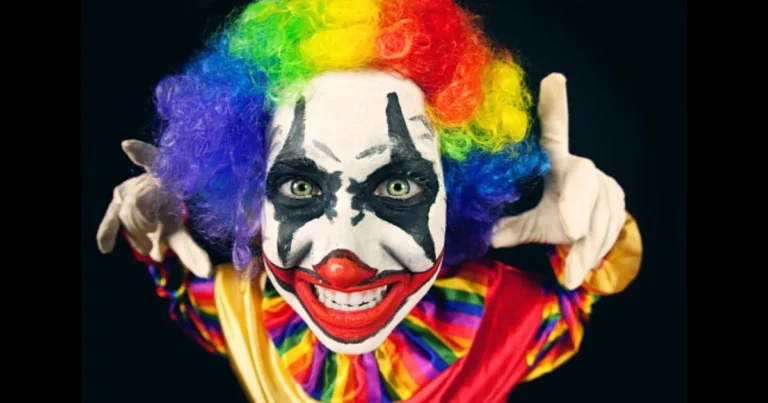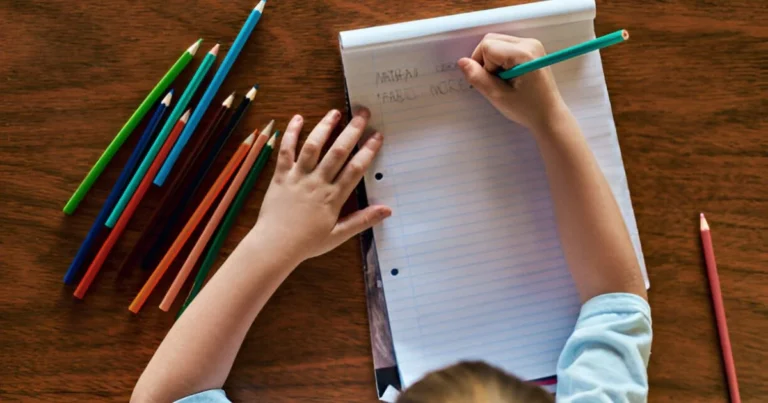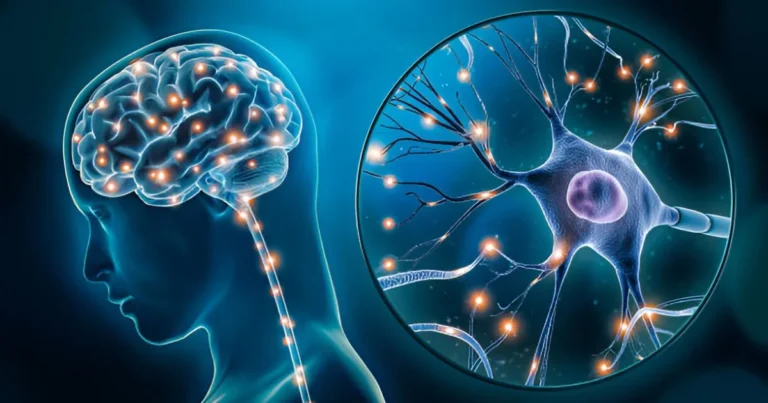The Goldfish memory myth
In the popular imagination, the goldfish has become the quintessential symbol of forgetfulness, an animal seemingly bound to an eternal present. Common lore holds that it has a mere three-second memory, a notion so widespread that it has evolved into a universal metaphor for fleeting recall. However, is this actually true? Does scientific evidence support this claim, or is it simply a cultural myth reflecting our own anxieties about the endurance of our memories?
Beyond the myth: What Goldfish really remember
The precise origin of this belief is unclear, but it likely arose from a poetic observation of goldfish swimming endlessly in small bowls, as though each turn were a brand-new adventure. This charming image, however, conceals a far more compelling reality. Despite the popular misconception that constrains them to a vanishing present, these unassuming swimmers actually exhibit remarkable learning and memory skills.
Unlike Dory, the famous amnesiac fish, goldfish possess a real and surprisingly efficient memory.
A groundbreaking study at the University of Plymouth uncovered the unsuspected cleverness of goldfish, overturning the stereotype of chronic forgetfulness popularized by Dory, the famously amnesiac fish from Disney-Pixar’s Finding Nemoand Finding Dory. In contrast to this fictional character, real goldfish have a surprisingly robust memory. During the experiment, researchers taught goldfish to operate a lever for food at specific times using operant conditioning. Even after several weeks without practice, the fish recalled this learned behavior and performed it effortlessly, a clear indication that their memory extends well beyond the immediate moment.
Although the goldfish brain is simpler than that of mammals, it contains essential structures for storing and retrieving information. The hippocampus, a key memory center in humans, has a functional equivalent in goldfish called the dorsal pallium. While more rudimentary, this structure plays a critical role in spatial navigation and associative learning. Recent studies show that goldfish can remember the layout of their environment, recognize other goldfish, and even adapt their behavior based on prior experiences. These advanced memory abilities redefine our understanding of their intelligence and demonstrate that their learning and retention capacities are far greater than previously believed.
The power and paradox of forgetting
Why do we cling to the notion that goldfish forget everything? Perhaps because it comforts us. If the goldfish remembers nothing, it is free of regret and remorse, unburdened by traumatic recollections. We project onto this animal our own longing to escape the weight of memory. In truth, though, this idealization raises a deeper question: what is the purpose of remembering?
In the goldfish, as in us, memory is selective. It filters the essential from the trivial, eliminating the superfluous to optimize its function.
Memory, whether human or animal, is not simply a static archive of events. Instead, it serves as an adaptive and evolutionary tool. In both goldfish and humans, memory is selective. It filters important information from irrelevant details, discarding what is unnecessary to optimize its function. However, this filtering exacts a price: what do we lose when we choose to forget?
Paradoxically, forgetting can be both a loss and a gain. It is tempting to believe that forgotten material disappears entirely, but in reality, forgetting acts as an active filter shaping our experience of the present. Without it, every detail and event would accumulate, burdening us emotionally and overwhelming our ability to make decisions. Nevertheless, forgetting also means relinquishing parts of our story, and each erased memory could contain a lesson, an emotion, or a connection lost forever. Thus, forgetting represents a delicate balance between the need for lightness and the need for continuity.
This interplay between remembering and forgetting encourages us to examine our own internal battles. We cling to certain memories because they define who we are, while others slip away to help us move forward. The goldfish, often portrayed as carefree and forgetful, epitomizes an ideal we may secretly admire: the possibility of starting anew, free of past burdens.
Nevertheless, scientific evidence contradicts this romanticized image: the goldfish does remember, learn, and adapt. This prompts us to consider whether memory is a privilege or a burden, and to what extent we might, like the goldfish, harness it as a tool for growth rather than a hindrance.
In the end, the goldfish offers an unexpected model, not of forgetting, but of enlightened memory management. It reminds us that, to progress, sometimes we must deliberately let go, not to avoid the past, but to evolve more effectively. This nuanced and vital lesson resonates far beyond the confines of the fishbowl.







